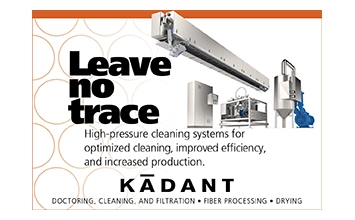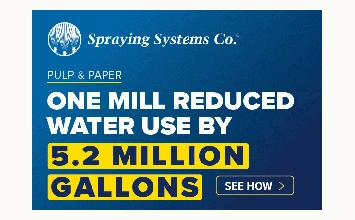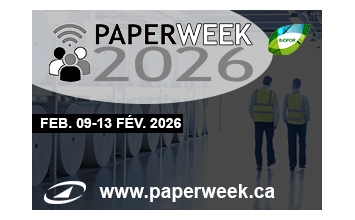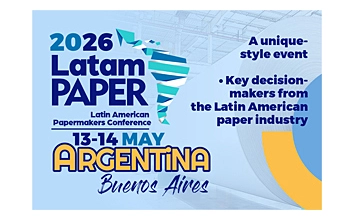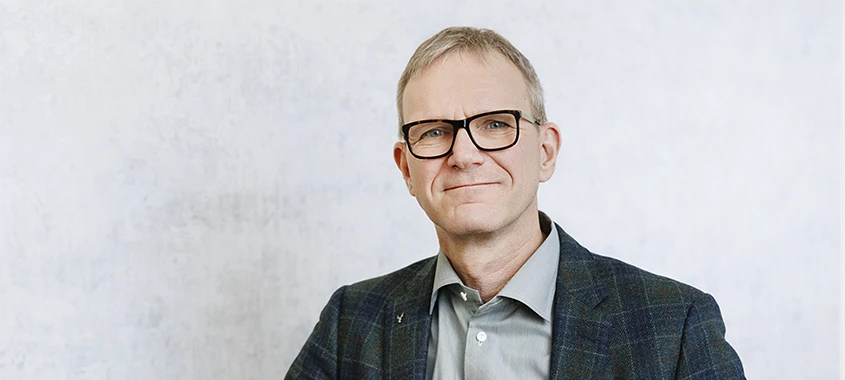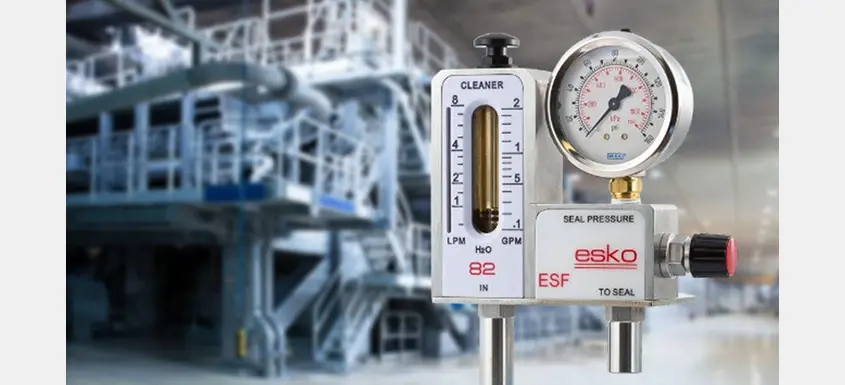As global efforts to reduce plastic waste intensify, paper is re-emerging as one of the most versatile and sustainable materials in modern packaging.
In a recent release, Easyfairs, organizer of London Packaging Week, spotlighted how leading paper producers are advancing fibre-based technologies that align with circular and low-carbon goals.
From Tradition to Transformation
For centuries, papermaking has evolved from a craft to a high-tech industry. Companies such as James Cropper, Gmund Paper, and Favini exemplify this transformation.
In the U.K., James Cropper’s CupCycling® program gives new life to used coffee cups by converting them into premium papers and moulded fibre products. In Germany, Gmund Paper blends traditional craftsmanship with sustainability through its 100% recycled Gmund Used range and Cradle to Cradle® Silver-certified Gmund Colors collection. Italian papermaker Favini integrates industrial by-products into its fibres — from leather waste in Remake to denim fibres in Refit — reducing virgin cellulose use while creating high-end tactile papers.
Technology Fuels Circular Design
Advances in coating and fibre treatment are enabling paper to compete directly with plastics. Fedrigoni, a global leader in specialty papers, recently strengthened its plastic-free portfolio through its acquisition of Papkot, whose recyclable, biodegradable coating resists water, grease, and oils without PFAS. The technology expands paper’s use in food and personal care packaging where barrier performance is critical.
Other innovators, such as Sampling Innovations Europe, are also responding to market demand with recyclable paper pouches and scent labels that decompose within months. From Sweden, Holmen’s Invercote continues to set a benchmark for premium, low-carbon paperboard produced from traceable fibres and renewable energy.
Regulatory Pressure and Market Demand
Across Europe and North America, frameworks such as the EU Packaging and Packaging Waste Regulation (PPWR) and Extended Producer Responsibility (EPR) programs are accelerating the shift to renewable, recyclable materials. Paper is particularly well positioned, with its established recycling infrastructure, renewable sourcing, and advancing performance features.
Brand owners, facing both policy pressure and consumer expectations, increasingly view paper not as a substitute for plastic but as a strategic material for innovation and carbon reduction.
A Material Reimagined
The companies highlighted by Easyfairs reflect a broader transformation in packaging: fibre-based materials are no longer traditional commodities but advanced, high-performance solutions shaping the circular economy.
Paper’s evolution — combining functionality, renewability, and design potential — underscores its growing role in building a future where packaging is both sustainable and regenerative.
Easyfairs organizes over 110 market-leading events in 12 countries, connecting professional communities through exhibitions and digital initiatives. Recognized among Deloitte’s “Best Managed Companies,” Easyfairs ranks 11th globally among event organizers. For details on: London Packaging Week 2025












